|
In the late seventies, Burt Rutan was designing new types of homebuilt aircraft. The aircraft were new in
both design and construction techniques.
The canard is the smaller wing located on the front portion of the aircraft. The canard was an early part of powered
flight. The Wright brothers put a canard on their first aircraft , and used it to control pitch. Canards fell out of
favor because unless you have an extremely smooth aircraft, drag will cause the canard to yaw and want to move towards the
back, away from the direction of flight. Burt Rutan solved this problem by designing a very clean airframe, such as
the Varieze. One of the more favorable aspects of the canard design is very benign stall characteristics.
There is not enough pitch authority in the canard to stall the main wing. The canard will stall first, causing the nose
to drop and the airflow to reattach with minimal loss of altitude and no real wing drop as in many conventional designs.
Also new was the construction technique. Conventional aircraft are typically built from aluminum.
An aluminum framework is rivited together to support the airloads, and then an aluminum skin is rivited to the outside to
complete the airframe. Works well but you are limited in the shapes you can utilize, aluminum only bends so far.
Burt Rutan took foam composite construction techniques that had been used in model airplanes and sailplanes for years.
Urethane and other types of foam are sanded and cut into the airframe shape, then fiberglass cloth is laid on top of the foam
in varying thickness, epozy is added, and when cured, leaves a strong, light, easily shaped structure. The aircraft
has no internal skeleton. The fiberglass supports the airloads, the foam gives the fiberglass its shape.
Up until 1985, Burt Rutan sold plans to build the aircraft. No "kit" exists, so when visitors to my garage comment,
"Oh, you are building a kitplane". I correct them and say " No, I am building a "plans built" aircraft."
In July 0f 2002, the family vacation brought us near enough to Oshkosh for a visit to the EAA museum. After
paying the cover charge even though I am an EAA member, I realized my EAA dues exist only to pay for an average quality magazine
and nothing else. I understand the EAA has since changed this rule. However, the high point was being close to
the original Varieze. This picture is as she hangs from the ceiling. She was powered by a VW engine, and had no
ailerons.
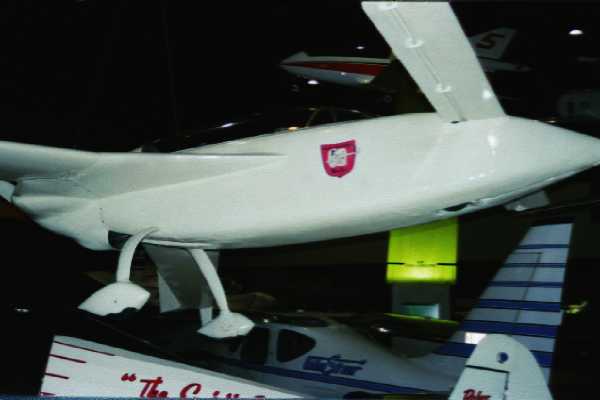
|
 |
| The Wright Flyer |
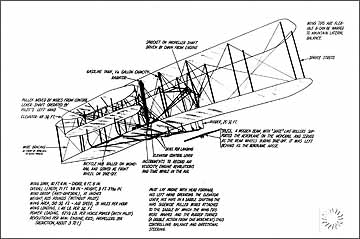
|
| The Varieze |
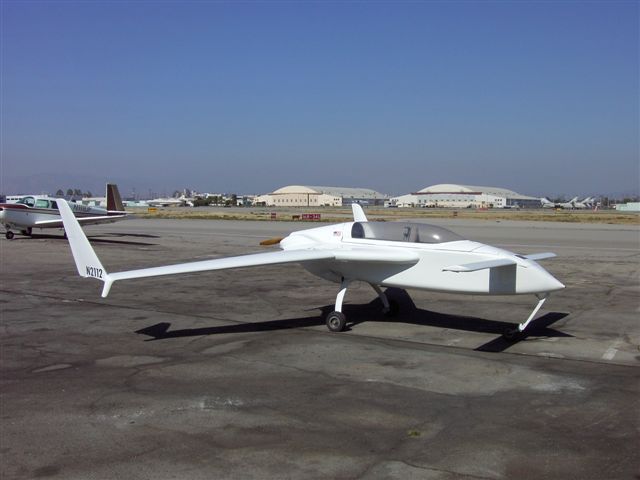
|
| The Long EZ |
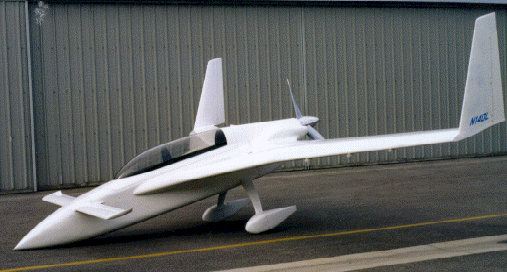
|
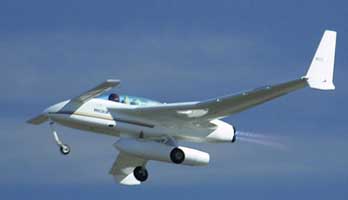
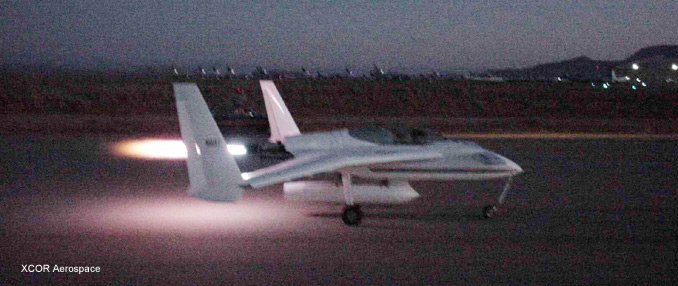
|

